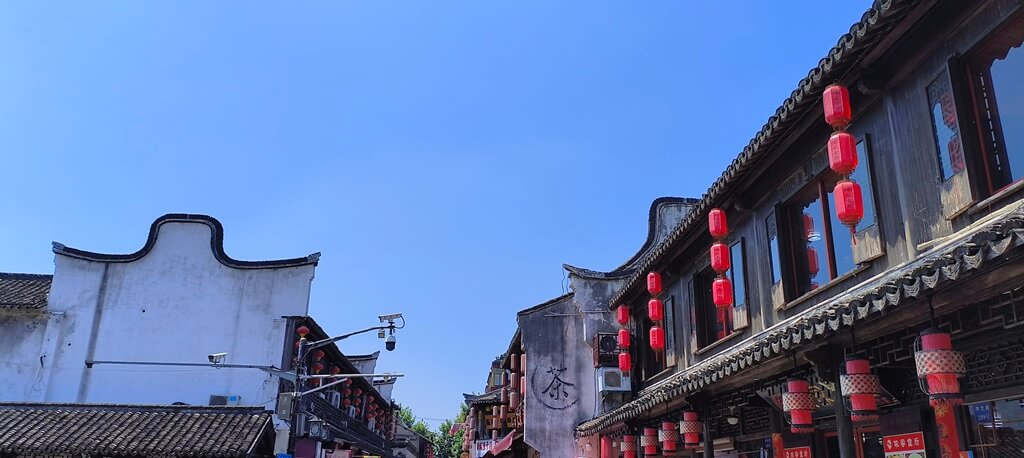The Complexity of Education Demands Caution from Educators: An Interview with Professor Liu Yunshan
By [Your Name], Professional Journalist and Editor
The relentless pursuit of academic excellencein China has led to a phenomenon known as Yangqiangpao (literally Yang Runs Ahead), where students engage in advanced learning beyond their grade level, oftenfueled by parental pressure and a competitive educational environment. This phenomenon, while seemingly indicative of ambition and a desire for success, raises concerns about the potential for burnout,superficial learning, and a distorted understanding of education itself.
In a recent speech, Professor Liu Yunshan, Vice Dean and Professor at Peking University’s School of Education, shed light on the complex realities behind Yangqiangpao and thebroader challenges facing Chinese education. Professor Liu, a renowned scholar with extensive experience in educational research and practice, emphasizes the need for caution and nuanced understanding when navigating the intricate landscape of education.
The complexity of education demands caution from educators, Professor Liu asserts. We cannot simply rely on simplistic solutions or adopt a binary approach to issues like teaching and learning, rote learning versus free thinking, or even the much-discussed ‘quality education’ versus ‘exam-oriented education’.
Professor Liu’s insights stem from years of dedicated research and observation. Her doctoral dissertation, based ona year-long ethnographic study in a high school in Y City, revealed the pressures and anxieties faced by students within the rigid framework of the traditional educational system. This research led her to advocate for a learner-centered approach to education, one that prioritizes individual growth and holistic development.
However, Professor Liu’s subsequent research, which included visits to numerous schools, including those known for their quality education initiatives, revealed a more intricate reality. The pursuit of quality education often becomes entangled with other factors, such as government policies, market forces, and parental expectations, leading to a complex interplay of competing priorities.
Even in schools that strive for ‘quality education’, we see a dilution of the core principles, Professor Liu explains. The pressure to cater to parental expectations, the influence of market forces, and the need to comply with government regulations all contribute to a complex and often contradictory landscape.
Professor Liu’s observations highlight theneed for a more nuanced understanding of education in China. The pursuit of academic excellence, while commendable, must be balanced with a focus on individual growth, critical thinking, and the development of well-rounded individuals. This requires a careful consideration of the various factors at play and a willingness to challenge conventional assumptions.
Weneed to move beyond simplistic solutions and embrace the complexity of education, Professor Liu urges. Only then can we truly create an educational system that fosters the development of individuals who are both intellectually capable and emotionally resilient.
Professor Liu’s insights serve as a timely reminder that education is not a one-size-fits-all solution. It requires careful consideration, thoughtful reflection, and a willingness to adapt to the ever-changing needs of students and society.
References:
- Liu, Y. (2024). The Complexity of Education Demands Caution from Educators. Speech delivered at [Venue], [Date].
- [Other relevant sources,following APA, MLA, or Chicago citation format]
Views: 0
